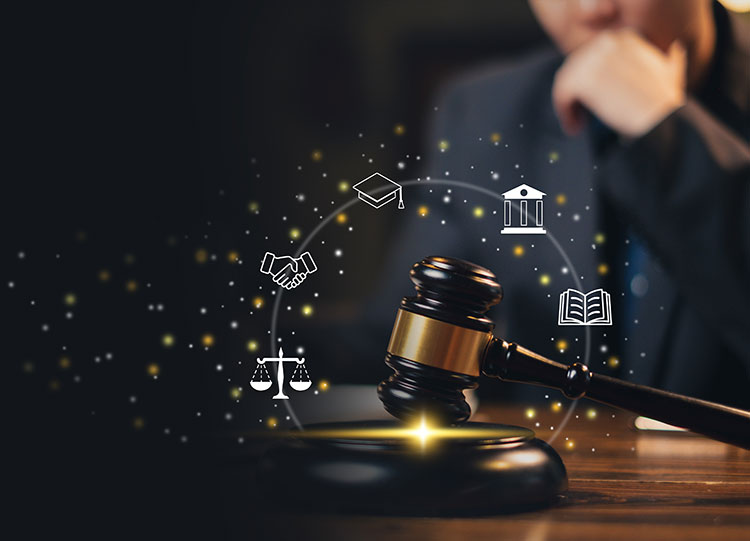How Visuals Transform Legal Strategy
How Visuals Transform Legal Strategy
Blog Article

As courtroom communication evolves, visuals have become central. Legal teams increasingly use illustration to explain events, scenes, and processes. Companies like LawFX are at the forefront of this visual legal revolution.
Understanding Courtroom Visuals
Courtroom illustrations are visual representations created for use in trial or litigation support. From car wrecks to faulty product usage, illustrations offer clarity for non-expert audiences. Every image they produce is both court-admissible and strategically impactful.
How LawFX Elevates Legal Communication
LawFX works hand-in-hand with attorneys to create visuals tailored to the case. Each image supports testimony and simplifies complex evidence.
Why Use Courtroom Illustrations?
In court, time is short and information is dense. Visuals simplify the technical, making abstract or complex topics accessible to everyone. This improves juror retention and creates stronger emotional impact during trial.
Visual Tools in Trial: A Breakdown
They're used to organize arguments or highlight key facts. Illustrations, by contrast, depict scenes or injuries to tell a visual story.
Who Uses Legal Illustrations?
Attorneys in fields like personal injury, product liability, and malpractice use visuals to explain their case. The versatility of these visuals makes them valuable across all phases of litigation.
Where Trial Illustrations Make a Difference
Jurors can see what happened instead of just hearing it. LawFX's expertise helps clarify these high-stakes issues through careful illustration.
From Concept to Courtroom: LawFX’s Workflow
LawFX begins with a legal consultation and case review. Drafts are created and reviewed with the legal team for accuracy. This collaborative method ensures that every visual is effective, precise, and courtroom-approved.
Illustration’s Role in Juror Decision-Making
Illustrations bridge the knowledge gap and reduce confusion. This translates into better-informed deliberations and stronger cases overall.
Standards for Courtroom Illustration
They collaborate with experts to confirm that each illustration reflects actual evidence. Avoiding exaggeration or misleading design ensures their work withstands scrutiny and contributes to trial success.
Visual Aids for Negotiation
Beyond the courtroom, visuals are powerful tools in pre-trial negotiations. Attorneys use them to influence settlement terms or simplify complex arguments during mediation.
Common Questions About Legal Illustration
What visuals do you create? Courtroom illustrations, trial graphics, 3D models, and digital presentations.
Are they admissible? Yes—they meet evidentiary standards and are reviewed with experts.
What’s the difference between illustrations get more info and trial graphics? Graphics show data; illustrations show events or scenes.
Where can they be used? In court, settlement, depositions, and mediation.
How long does it take? Simple visuals take days, complex ones may take 1–2 weeks.
Visuals as Legal Strategy
They’re no longer optional—they’re essential. LawFX stands out by combining artistic talent with legal understanding.
Report this page